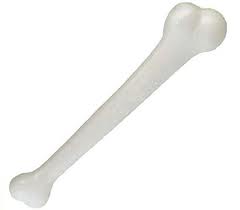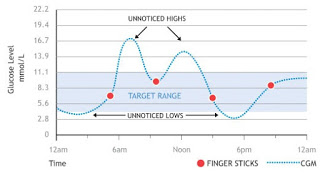There is a lot of conflicting information out there for women who seek answers about testosterone. To answer many important questions around this issue, the Endocrine Society has recently released an updated Clinical Practice Guideline about testosterone treatment in women.
Key points in these guidelines:
1. They recommend against diagnosing ‘testosterone deficiency’ in women.
Reason: The data out there is unclear as to whether low testosterone levels correlate with symptoms or not. Also, it is normal for testosterone levels to decrease with reproductive aging.
2. They recommend against treatment of women with testosterone. The only exception to this is postmenopausal women who have been formally diagnosed with Hypoactive Sexual Desire Disorder (HSDD). They specifically recommend against treating with testosterone for reason of: infertility; cognitive, cardiovascular, metabolic, or bone health; sexual dysfunction (other than HSDD); or general well being.
Reason: It has not been proven that testosterone treatment is of clear benefit for uses other than in HSDD; government approved and monitored preparations of testosterone for women are not readily available; and, there is not evidence to prove long term safety of testosterone treatment. Further, there is a concern that testosterone treatment could stimulate hormone responsive cancers to grow.
3. They recommend against treatment of women with DHEA.
Reason: It has not been proven that DHEA treatment is of clear benefit; and, there is not evidence to prove long term safety. This holds true for women with and without adrenal insufficiency.












